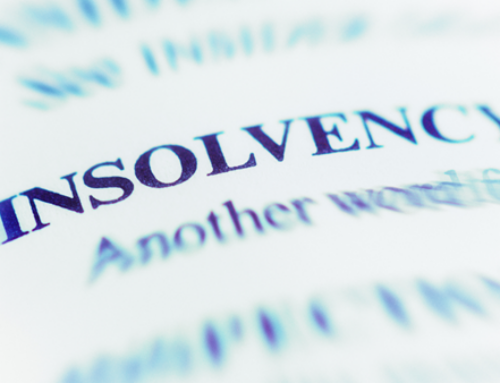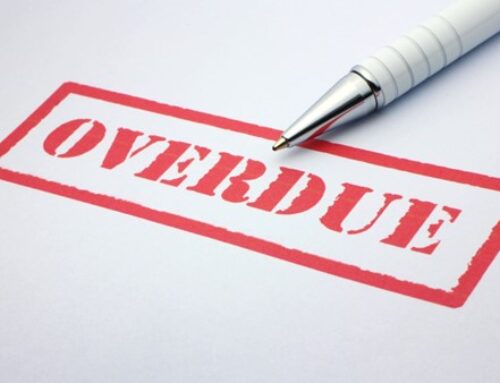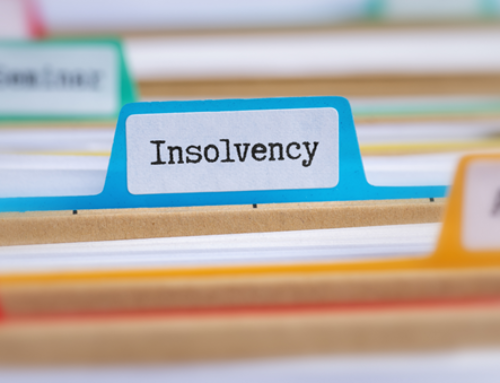At DMC Recovery, we frequently handle cases involving directors’ loan accounts and unlawful dividends. Let’s delve into what these claims entail and how they’re addressed in practice.
Directors’ Responsibilities
Directors are bound by duties outlined in the Companies Act 2006. They must act in good faith and prioritise the company’s success. In cases of solvency, their duty lies with shareholders; in insolvency, creditors take precedence.
As fiduciaries, directors manage the company’s funds, akin to trustees, with obligations such as good faith and avoiding conflicts of interest.
Directors’ Loan Accounts
Overdrawn directors’ loan accounts represent debts owed by directors to the company. Without formal agreements, these debts are typically repayable upon demand. It’s crucial to note that loans to directors require approval by shareholder resolution; failure to do so renders the transaction voidable.
Unlawful Dividends
To declare lawful dividends, companies must adhere to formalities outlined in the Companies Act 2006 and their Articles of Association. This includes preparing relevant accounts and ensuring sufficient distributable reserves. Failure to follow these procedures renders dividends unlawful. Directors may be personally liable if dividends are paid while the company is insolvent.
Practical Considerations
In practice, directors often draw ad hoc payments, commonly referred to as “drawings,” especially in owner-managed firms. However, financial difficulties can complicate matters. When companies face insolvency, the treatment of these drawings becomes critical.
Directors can lawfully take money via salary, dividends, or loans. However, mischaracterised payments can lead to legal complications. Adjustments to director loan accounts before liquidation are often futile and subject to legal scrutiny.
In Conclusion
Identifying payments to directors often unveils multiple avenues the an appointed Insolvency Practitioner is legally obliged to pursue for the benefit of the creditors of the company. Arguments raised by directors regarding these payments can be countered by approaching them from various angles. A compromise may be reached.
As a director it is important to understand your own position when considering the options of an insolvent business.
Our team at DMC Recovery specialise in assisting business owners with their financial difficulties. Don’t hesitate to contact us for advice on behalf of your clients, or in regard to your own company. You can get in touch by calling 0161 474 0920 or email us at info@dmcrecovery.co.uk






